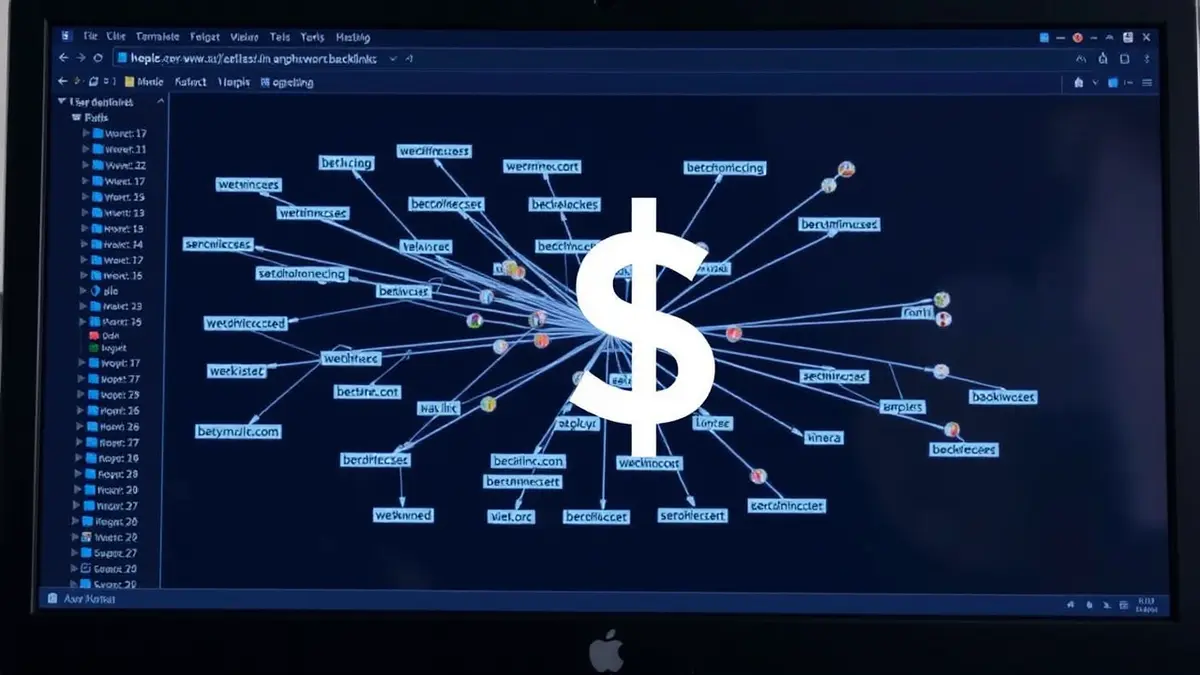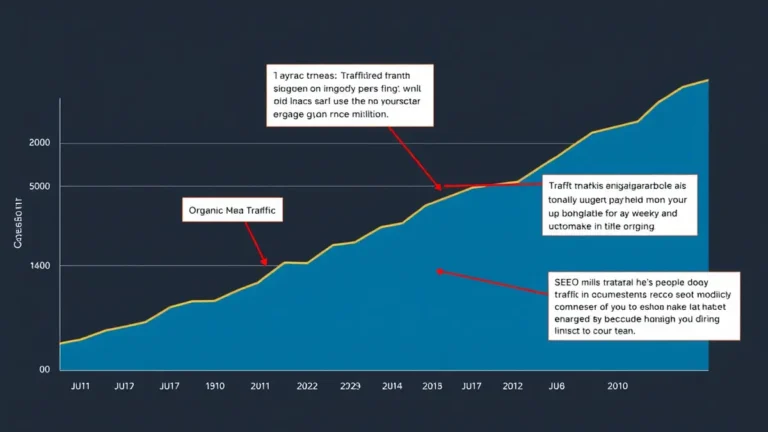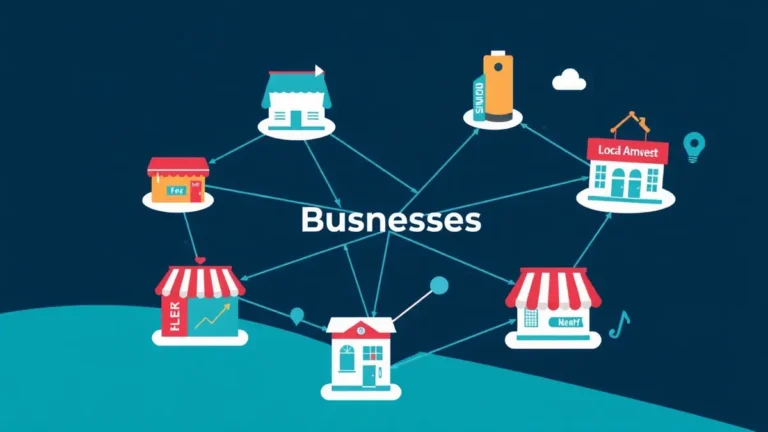Backlink Cost: Are Paid Backlinks Worth It?
Backlinks. They're the lifeblood of SEO, acting as votes of confidence from other websites that tell Google (and other search engines) your site is trustworthy and authoritative. But building a strong backlink profile organically can be a slow and arduous process. This leads many website owners to consider a shortcut: paying for backlinks. But is the backlink cost truly worth the potential reward, or are you throwing your money away (or even damaging your website's ranking)? This article will delve deep into the world of paid backlinks, examining the pros, cons, and essential factors to consider before investing.
Understanding Backlinks and Their Value
Backlinks are essentially links from one website to another. Think of them as citations in academic papers. The more high-quality websites that link to your site, the more Google believes your content is valuable and deserving of higher rankings. But not all backlinks are created equal. A link from a reputable, authoritative website in your niche is far more valuable than a link from a low-quality, spammy website. Factors influencing backlink quality include:
- Domain Authority (DA): A metric representing the overall strength of a website.
- Relevance: The link should come from a website related to your industry or niche.
- Placement: Links embedded within the content are generally more valuable than those in the footer or sidebar.
- Anchor Text: The clickable text of the link.
The Allure of Paid Backlinks
The primary appeal of buying backlinks is the promise of quick results. Building backlinks organically takes time and effort, requiring you to create valuable content, engage with other websites, and actively pursue opportunities. Paid backlinks offer the temptation to bypass this process and rapidly increase your website's backlink profile. However, this approach carries significant risks.
The Risks of Buying Backlinks
While the idea of instantly boosting your SEO with purchased backlinks might seem appealing, the reality can be quite different. Google actively penalizes websites that engage in manipulative link-building practices. Here's why buying backlinks can be a dangerous game:
- Google Penalties: Google's algorithms are constantly evolving to detect and penalize websites that attempt to manipulate search rankings. Buying backlinks is a clear violation of Google's webmaster guidelines and can lead to a manual penalty or algorithmic demotion.
- Low-Quality Links: Many paid backlink services offer links from low-quality, spammy websites that can actually harm your website's ranking. These links can signal to Google that your site is untrustworthy.
- Lack of Relevance: Paid backlinks often come from websites that are irrelevant to your niche, diminishing their value and potentially raising red flags with Google.
- Wasted Investment: There's no guarantee that paid backlinks will actually improve your rankings. In fact, they could have the opposite effect, resulting in a waste of money and a damaged website reputation.
Identifying Risky Backlink Practices
Be wary of any service that promises guaranteed rankings or offers backlinks from websites with the following characteristics:
- High spam scores
- Low domain authority
- Irrelevant content
- Hidden networks of websites
Ethical and Effective Alternatives
Instead of resorting to paid backlinks, focus on building backlinks through ethical and effective strategies:
- Create High-Quality Content: Content is King! Develop informative, engaging, and valuable content that other websites will naturally want to link to.
- Guest Blogging: Contribute articles to other websites in your niche, including a link back to your site in your author bio or within the content (where relevant and editorially approved).
- Broken Link Building: Find broken links on other websites and offer your content as a replacement.
- Relationship Building: Connect with other website owners, bloggers, and influencers in your industry. Build genuine relationships and collaborate on content.
- Resource Page Link Building: Identify resource pages in your niche and suggest your content as a valuable addition.
Considering the True Backlink Cost
Ultimately, the backlink cost isn't just about the monetary investment. It's also about the potential risk to your website's reputation, search engine rankings, and long-term success. While the allure of quick results might be tempting, building backlinks organically through ethical and sustainable strategies is always the best approach. Invest your time and resources in creating valuable content and building genuine relationships within your industry. This will not only improve your website's ranking but also establish you as a trusted authority in your field.
Frequently Asked Questions (FAQs)
Q: Are all paid backlinks bad?
A: While the vast majority of paid backlink services are risky and ineffective, there may be exceptions. Paying for legitimate sponsorships or partnerships with reputable websites can be a viable strategy, but it's crucial to exercise caution and thoroughly vet any opportunity.
Q: How can I check my website's backlink profile?
A: Several SEO tools, such as Ahrefs, Semrush, and Moz, allow you to analyze your website's backlink profile and identify any potentially harmful links.
Q: What should I do if I have bad backlinks pointing to my site?
A: You can use Google's Disavow Tool to disavow any low-quality or spammy backlinks that are pointing to your website. This tells Google that you don't want to be associated with those links.



